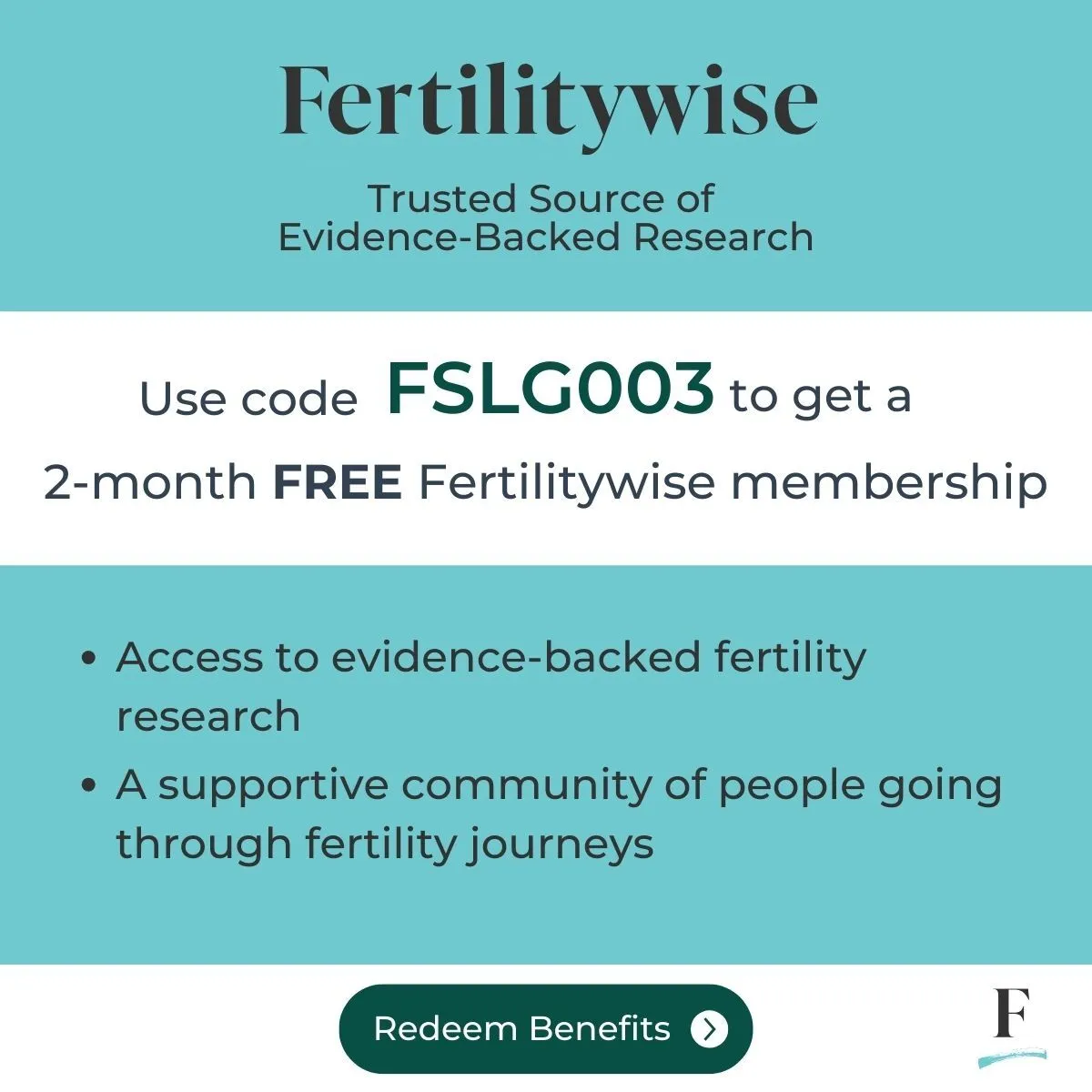One of the most common fertility problems among women in California is Polycystic Ovary Syndrome (PCOS). While women who have this disease can still get pregnant, the condition can still impair their fertility and also brings the chance of other associated health risks.
PCOS can be tough to diagnose
About 6% to 12% of reproductive-age women have PCOS, but many more remain undiagnosed. Symptoms differ from person to person, but to make a diagnosis that indicates you have this condition affecting your fertility, you must have the following three symptoms:
- Absent or irregular periods totaling fewer than eight per year
- Acne and hair on the upper lip, chin, nipples or lower abdomen
- An ultrasound shows multiple small cysts on the ovaries
Other diseases, like those affecting hormone-producing sites in the body, including the thyroid, pituitary or adrenal gland, can cause irregular periods, which is another reason why PCOS is so difficult to treat. In addition, if you have PCOS, you are at a greater risk for developing metabolic conditions like type 2 diabetes and heart diseases, as well as uterine cancer.
Managing PCOS
You cannot cure PCOS, but you can manage it. Among the treatments are birth control pills to help smooth out hormonal fluctuations, taking metformin to regulate insulin sensitivity and restore ovulation, and increasing your intake of vegetables, lean proteins and plant-based fats, along with increasing exercise, can help improve PCOS. Weight-loss surgery also improves fertility in seriously overweight women who have the condition.
What if I can’t get pregnant naturally?
You don’t necessarily need to take fertility drugs if you can’t get pregnant, but your gynecologist may prescribe Clomid or Femara to help you ovulate. Nevertheless, the older you get, the less likely that you will be able to have a child without help, such as egg donation or surrogacy.
Thanks to today’s technology, you have a variety of choices to become parents. Exploring your options in the wake of decreased fertility will allow you to find the pathway that best works for you and your partner.

